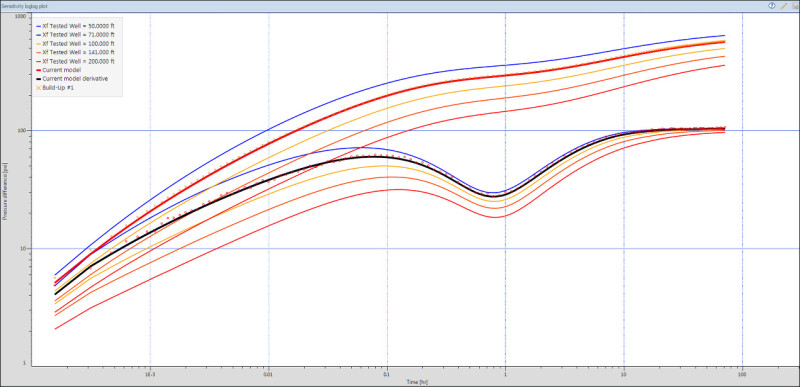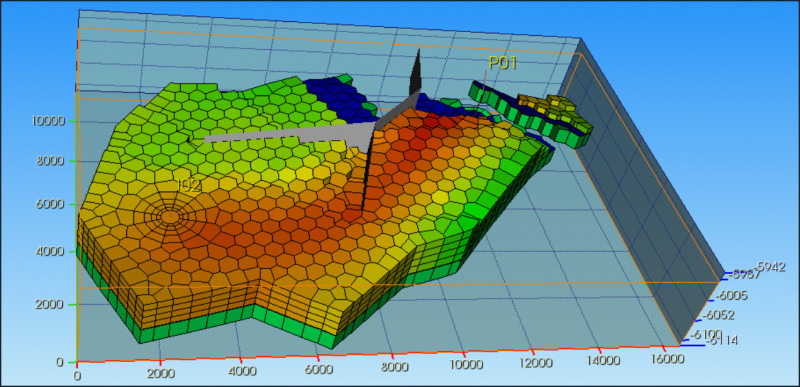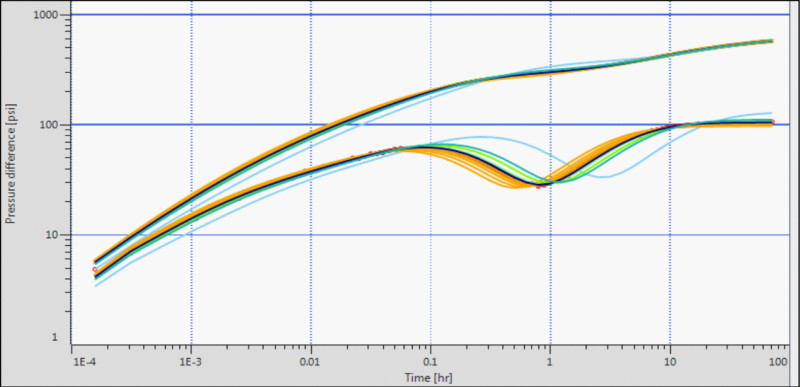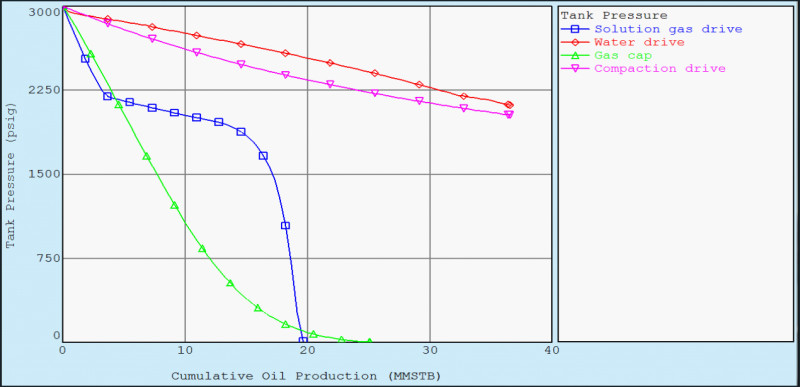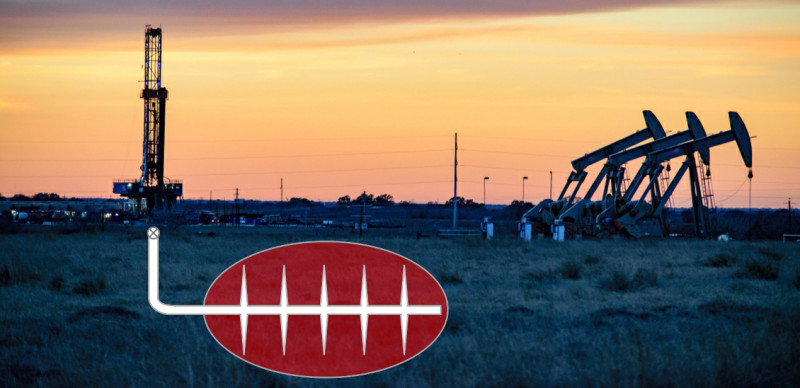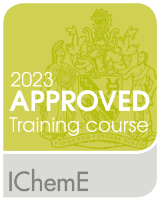Our Courses
Our carefully designed and industry recognised training courses offer you control and management of your own learning, with engaging and interactive evaluations. Get the benefit and outcome of formal classroom learning, but in your own time and at your own pace. Discover comprehensive explanations of key concepts and software applications for the study of petroleum engineering through searchable, succinct video tutorials and assessments.
Choose from one to ten day classroom equivalent courses – from an introduction to Petroleum Production to in depth coverage of topics such as Production Operations Engineering, Practical Reservoir Engineering and Integrated Production Modelling with Prosper, GAP and MBAL.
On completion of the final course exam you will receive a certificate of completion of your course. Recognised by major players in the industry across the world, these certificates will help to confirm your training record and your progress within the profession. All courses are accredited by the Institution of Chemical Engineers (IChemE).
Reservoir Engineering
These courses cover the fundamental concepts of reservoir engineering, including fluid flow in reservoir formations, drive mechanisms, fractional flow, material balance and reservoir performance prediction. These are illustrated by building and matching reservoir models in commercial software such as MBAL and Saphir. All our courses offer you the benefit of self-paced learning. On completion of the final course exam you will receive an industry recognised certificate of completion of your course. These courses are approved by the Institution of Chemical Engineers (IChemE).
Applied Pressure & Rate Transient Analysis (2 days)
This short, practical course covers the concepts and software applications of pressure and rate transient analysis using Saphir and Topaze. Topics include an introduction to well testing, pressure drawdown analysis, wellbore storage calculations, pressure buildup analysis using superposition, Horner and MDH plots, dimensionless groups and type curves, de-convolution, gas well applications and rate transient analysis methods using Fetkovitch, Blasingame and Agarwal plots. 2 days classroom equivalent. IChemE accredited course (14 CPD hours).
Practical Reservoir Engineering (10 days)
This extensive course covers all the fundamental concepts of reservoir engineering plus practical applications in software tutorials (MBAL and KAPPA workstation). Topics include; reservoir engineering objectives, fluid and rock properties, well inflow performance, fluid flow in porous media, reservoir drive mechanisms, performance trend analysis, rate transient analysis, material balance and analytical aquifers, reserves estimation, well testing and pressure transient analysis, formation evaluation, improved and enhanced oil recovery, reservoir performance prediction and reservoir management and surveillance. You will also explore unconventional reservoir analysis and applications. 10 days classroom equivalent course.
Fundamentals of Reservoir Engineering (5 days)
This comprehensive course covers all the fundamental concepts of reservoir engineering. Topics include; reservoir engineering objectives, fluid and rock properties, well inflow performance, fluid flow in porous media, reservoir drive mechanisms, performance trend analysis, material balance and analytical aquifers, well testing and pressure transient analysis, reserves estimation. 5 days classroom equivalent course.
Reservoir modelling with MBAL (2 days)
An introduction to the reservoir engineering toolkit in MBAL (Monte Carlo oil in place calculation, decline curve analysis, 1D displacement and material balance). Building a new oil reservoir model, history matching methods and validation, fractional flow matching and prediction with well models. 2 days classroom equivalent course.
Applied Unconventional Reservoir Analysis (2 days)
This is a short, intense course covering an introduction and definition of unconventional reservoir analysis. You will see the characteristics of unconventional reservoirs, including a shale overview, and typical rock and typical fluid properties. We will look at the decline curve models and production and reserves predictions. You will practice the application of the theory using Citrine and Topaze software from KAPPA Engineering. 2 days classroom equivalent.
